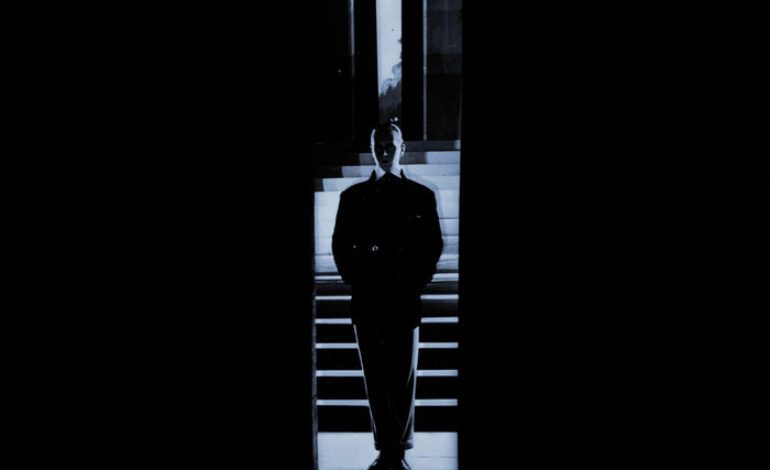

Debuting with cerebral gothic rock
In their debut album La Nuit Fantastique, Baron Fantôme cements their sound. With a seemingly effortless blend of punk, metal and classic rock, the band seems to be journeying through the catacombs of melancholy. Sung entirely in French, Baron Fantôme has the sound reminiscent of a dark cathedral. With the droning lyrics and haunting choruses, one can not help but be impressed with the blooms of emotion that the work strikes.
From the first notes, Baron Fantôme seems to be a darker, edgier cousin to Molchat Doma’s post-punk sound. “Le Corbeau” has a repetitive riff that matches the chilly vocals. It feels cerebral, with the two drifting and melding within one another in a way that makes them harder to parse from one another. The duo knows their strengths, taking that and creating a sound that is remarkably complex despite its pared-down nature.
“Journal Du Voleur” is the album’s longest track, yet it seems to feel like one of the shortest. Despite the slower opening, the heavy metal-leaning bass is nuanced and powerful, ultimately driving the song forward with such momentum that it blows past its runtime. It has more energy compared to the starting tracks of the album, yet still has the force and sound that draws one in. The duo’s debut knows their sound and what they want to be, which leads to an impressive and assertive debut.
Closely following in its footsteps is the sprawling song “Thanatoxine,” a work that leans more toward the discordant instrumentals. It is here where the instrumentals begin to shine. While the start of the album had repetitive loops, this track is a much more powerful and intricate work, leaning into a fascination with the macabre. It’s almost cinematic how all of these features interact with one another, melding in a way that makes it one of the most promising tracks for future works of Baron Fantôme.
“La Mort Grande,” by contrast, is much more of a percussive and vocal-heavy track. There is something to be valued in the band’s aim to show these dark themes. The production is much more nuanced with its haunting, almost scream-like, backing vocals. It has all the backward sounds of a eulogy, inverting it into a horror-inspired fashion. With the ghosts seemingly singing with him, the image of death has an awe-inspiring beauty.
To end the record, “Vallonia-Des-Eaux” has much more energy than the previous tracks, but situates it into the melancholy that the band is drawn to. It promises future works that only seek to better the sturdy legs that this debut has. In many ways, the bare-bones production enhances the record to a unique sound. Baron Fantôme proves how to stamp a perspective to work while remaining accessible. When looking at the evil in the world, there is the possibility of finding the power within it, and celebrating it in one’s own way. This record brings to light this darkness, somehow shining on the inevitable fears that plague humanity.
